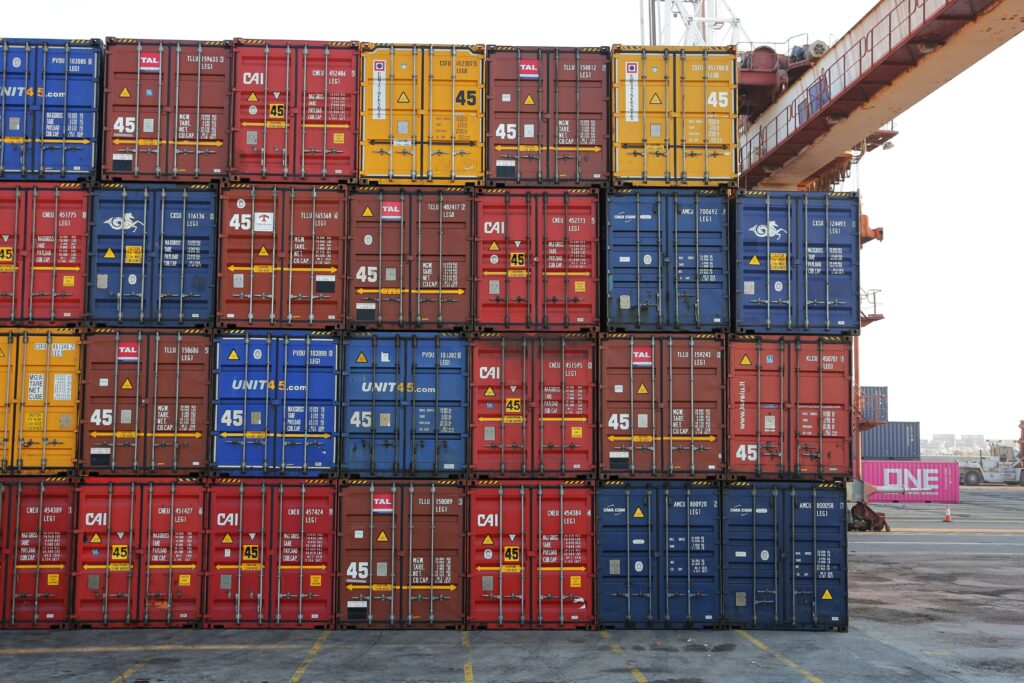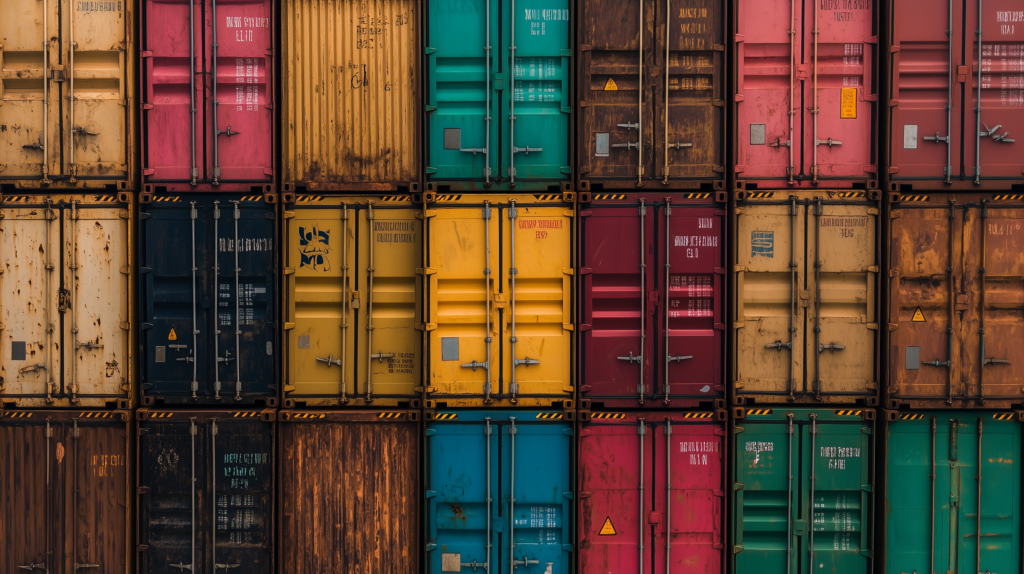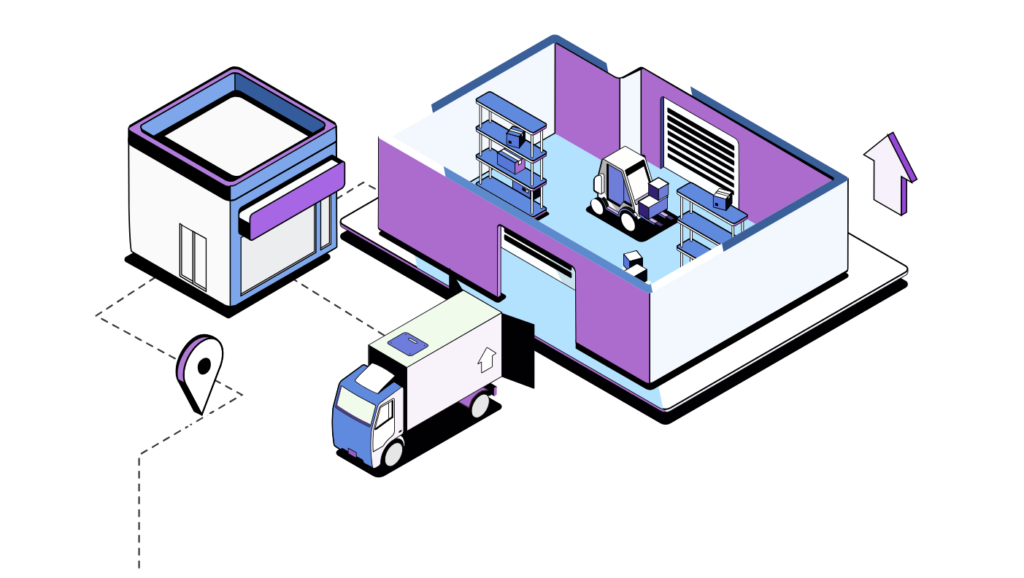Navigating Tariff Turbulence: How to Build a More Resilient Supply Chain
The trade landscape is shifting again. With new tariffs imposed by the U.S. on imports from China, Europe, and even North American partners, creating a resilient supply chain has become...
On May 22, 2025

The trade landscape is shifting again. With new tariffs imposed by the U.S. on imports from China, Europe, and even North American partners, creating a resilient supply chain has become critical as supply chains across industries are once again under pressure. Canada has responded with reciprocal tariffs, sparking cost increases, delays, and rising uncertainty for supply chain leaders in both countries. While headlines often focus on political motives, the reality for most businesses is simple: costs are up, timelines are longer, and customer expectations haven’t changed.
In this post, we’ll explore what’s happening right now, how large corporations are responding, and how Rebus can help you chart a smarter, more resilient path through this turbulence.

Tariffs Are Already Hitting Supply Chains Hard
In early 2025, new U.S. tariffs added 20-25% duties on a broad range of imports—from raw materials to finished goods—impacting manufacturers, retailers, and logistics providers alike.1 Canada responded in kind with its own round of 25% surtaxes.2 These changes are causing:
- Rising input costs, especially for components sourced from Asia and Europe.
- Inventory delays and cross-border disruptions.
- Pre-tariff stockpiling and expedited shipments to blunt short-term impacts.
- A shift from just-in-time to just-in-case planning.
Large corporations like Apple and Heineken pivoted as they ramped up U.S.-bound shipments ahead of deadlines and shifting sourcing to India, Vietnam, and other lower-tariff regions.3
Who Pays the Price for Tariffs? Mostly, the Customer
In the face of mounting costs, 76% of manufacturers in one U.S. survey said they plan to pass those increases on to consumers.4 Some companies are absorbing a portion of the cost internally or negotiating with suppliers, but most are pursuing a mix of price hikes, sourcing shifts, and operational efficiency gains to stay competitive.
That means your customers are likely already seeing price increases, and so are your competitors. The key differentiator? How quickly and smartly your business can respond. Are you building a resilient supply chain in response to tariffs?
How Leading Companies Are Building Resilient Supply Chains in Response to Tariffs
Forward-thinking businesses are using this moment not just to react, but to reinvent their supply chain strategies:
- Supplier diversification: Moving sourcing out of tariff-heavy regions to “friend-shoring” partners or domestic alternatives.
- Nearshoring and reshoring: Bringing production closer to end markets to reduce exposure and gain control.
- Scenario modeling and cost forecasting: Using AI and analytics to test outcomes before acting.
- Strategic pricing: Applying price increases selectively based on customer sensitivity and product margins.
In short, agility is everything. And that’s where Rebus comes in.

How Rebus Can Help You Navigate Tariff Volatility
Rebus is purpose-built to give you the real-time visibility, intelligence, and adaptability required in today’s trade environment. Here’s how our platform supports leaders navigating this new tariff landscape:
Real-Time Data Visibility
- Understand the cost and performance impact of tariffs across all warehouses in your network.
- Identify the SKUs, regions, or partners most exposed.
Predictive Modeling
- Forecast the downstream impact on inventory, fulfillment times, labor, and margins.
- Build a resilient supply chain with AI-powered analytics
Cross-Functional Collaboration
- Break down silos between procurement, ops, and finance.
- Use a single source of truth to align on risk mitigation strategies for tariffs.
Agility at Scale
- Use historical benchmarks and live analytics to inform better decisions, faster.
From Disruption to Resilient Supply Chain
Tariffs, trade disputes, and policy swings are not a one-time event. Tariffs will likely to remain part of the supply chain equation for years to come. The winners won’t be those who can avoid them altogether, they’ll be the ones who can navigate them faster, smarter, and with better data.
That’s why leading supply chain organizations are turning to Rebus to build resilience, reduce friction, and outmaneuver uncertainty.
Let’s make tariff disruption your moment of transformation.
Rebus can help you optimize your LMS, warehouse analytics, and data-driven decision-making processes to drive better outcomes.
Learn more here or schedule a demo.
Never miss a story. Stay updated about Rebus news as it happens.
References:
2 https://www.chrobinson.com/en-us/resources/blog/canadian-tariffs-reciprocal-surtax
3 https://www.techrepublic.com/article/news-apple-iphone-india-vietnam/
4 https://www.cbsnews.com/news/trump-tariffs-inflation-rate-economy/









